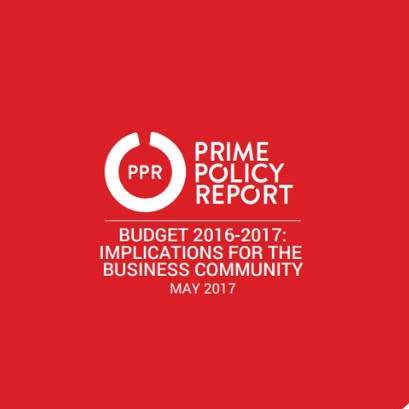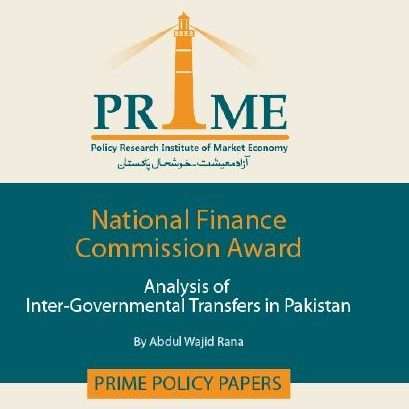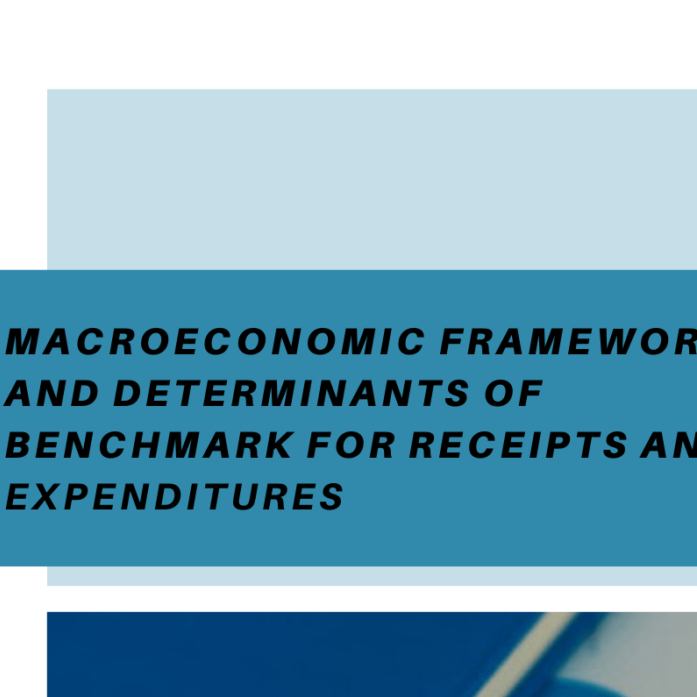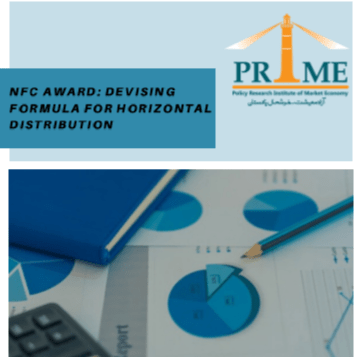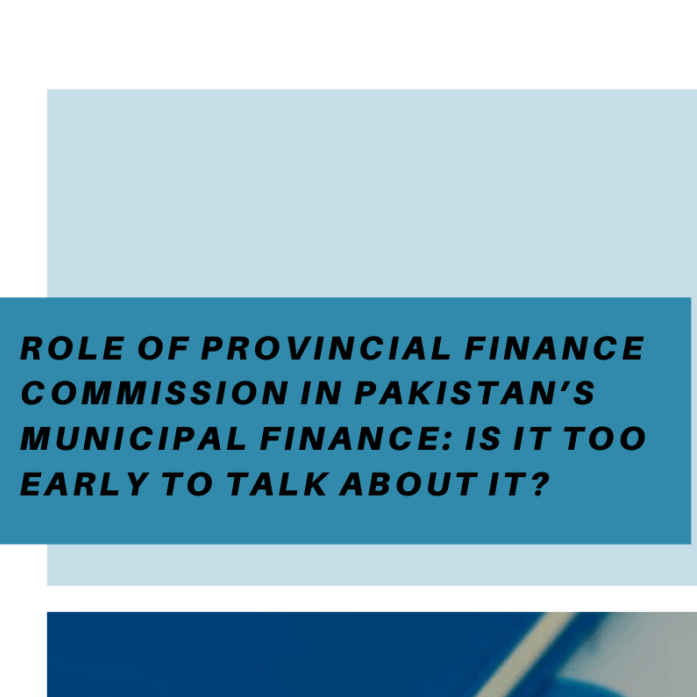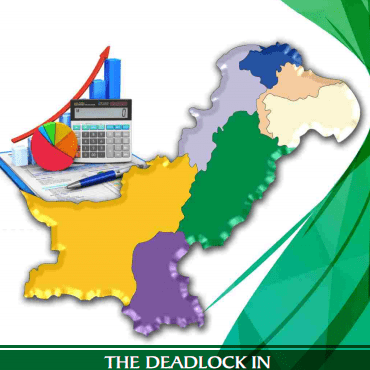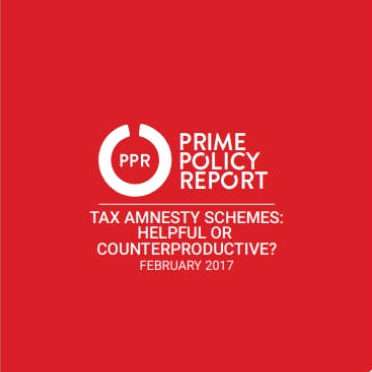It is an established fact that investment and economic growth have a positive relationship but no consensus has been developed on the type of investment. The study investigated the relationship of PSDP, FDI and Private investment for Pakistan’s economy, and the results reveal that all the three forms have a long-run positive relation with growth where private investment has a strongest impact and FDI has a least impact. Moreover, it is the private investment and growth of Pakistan’s economy which leads to increased public development projects which means increasing private investment in the economy has two folds impact on PSDP; increase in economic growth increases development projects, increased revenue generation through taxes create more resources for PSDPs.
Economic Growth is a course of action in which production capacity of an economy is flourished bringing out increased national output and income. Economic growth is also related to bring out full employment level of the economy through investment as its key determinant, where literacy level, capital stocks and technology is enhanced.
Investment and production of goods and services ultimately help generating wealth and add in to growth of an economy. Positive relationship between economic growth and investment is an established fact but there is no consensus on whether it is the public investment or private investment which plays the stronger or no role in growth of an economy.
Shortfalls in revenue generation and inefficient or non-development government projects have caused large fiscal deficits and low economic growth in Pakistan, to fasten the pace of growth, government invests in some development projects for the public under the head of Public Sector Development Programs (PSDP) which utilises a significant portion of the budget every year funded by borrowing or tax collected.
The rationale behind spending on public sector development projects is that it not only generates positive spill-overs in the economy through the provision of education, health, basic scientific research and physical infrastructure, and it may also crowd in private investment thereby enhancing economic growth but there also exists the argument that these government funded projects increase government outlays and crowds out private sector, thus stifling economic growth.


